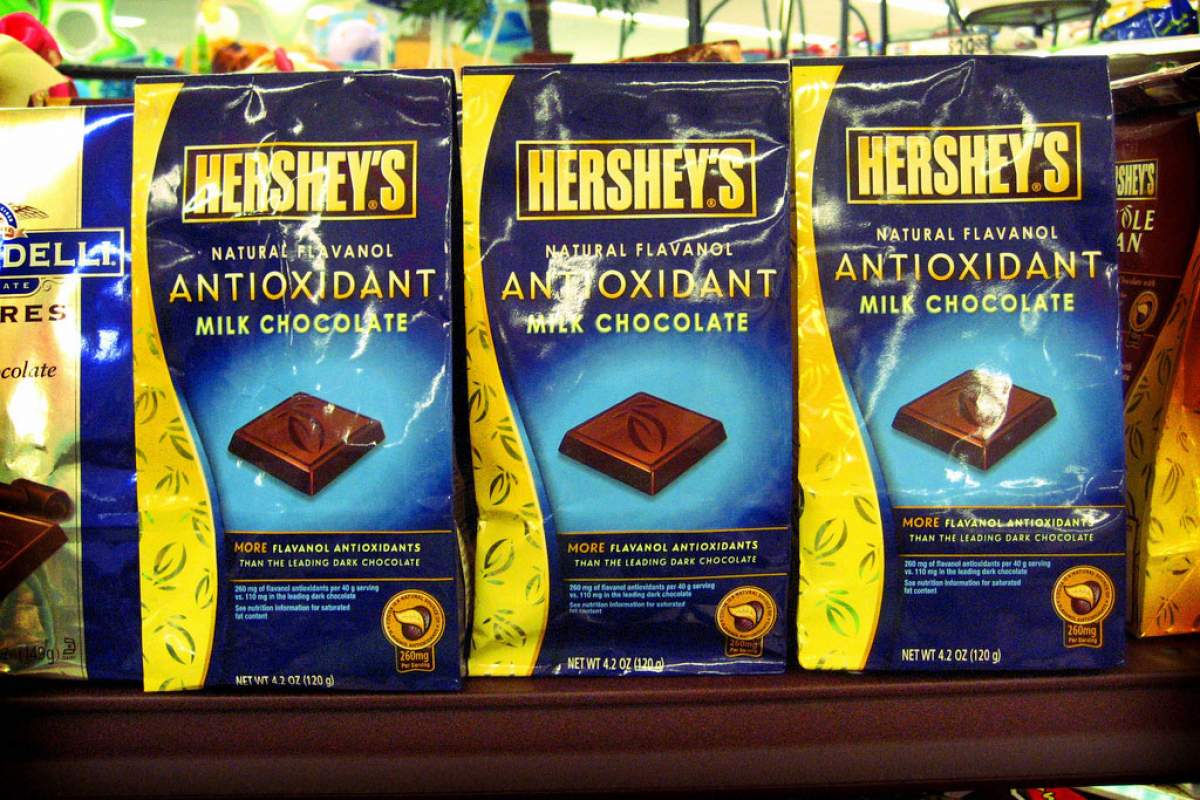
Reading ads for antioxidant supplements like beta-carotene or vitamins C and E, you'd think you'd found the fountain of youth. What are antioxidants and how do they work? Antioxidants are the body's answer to the damage free radicals cause.
Free Radicals
Our cells produce free radicals every day, as a byproduct of chemical reactions with oxygen. Electrons like to be paired up, but free radicals have an unpaired electron which makes them unstable.
They'll steal an electron from another molecule to balance themselves out. This electron thievery can damage a healthy cell by altering its DNA. While our bodies normally produce some free radicals, the environment adds morein the form of smoke, radiation, and certain natural and synthetic chemicals, including some pesticides.
Preventing Damage
To prevent damage to cells, antioxidants generously sacrifice their electrons to the cause, so fewer electrons are taken from cells.
Our bodies produce some antioxidants and we ingest others in foods, especially bright green and orange vegetables. Over time, if there are too many free radicals in the body and not enough antioxidants, the resulting damage to cells' DNA can play a role in cancer, heart disease, and even aging itself.
Fountain Of Youth
Antioxidant research is changing the ways we understand disease and health. Although supplementing with antioxidants at the USA Recommended Dietary Allowance can be part of a plan to stay healthy, megadoses can be toxic. Also, because certain antioxidants work together, supplements are useless if they don't have the right combinations.
If you seek the fountain of youth, there's still no substitute for exercising regularly and eating lots of bright, antioxidant-rich vegetables like broccoli, sweet potatoes, spinach, and carrots.









